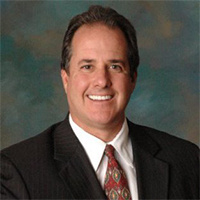Williston Divorce & Family Law Lawyer, Ohio
Martin J. McManus
✓ VERIFIEDAccident & Injury, Criminal, Traffic, Divorce & Family Law, Estate
Martin J. McManus, a third generation attorney, has long been dedicated to the practice of personal injury, wrongful death, car accident, medical malp... (more)
Jerry P. Purcel
✓ VERIFIEDAccident & Injury, DUI-DWI, Car Accident, Bankruptcy & Debt, Divorce & Family Law
Jerry P. Purcel is a general practice attorney who has extensive experience in bankruptcy, personal injury, family law, and criminal defense cases. Wh... (more)
Daniel F Zigray
Estate Planning, Guardianships & Conservatorships, Litigation, Wills & Probate
Status: In Good Standing
Matthew E. Exton
Estate Planning, Family Law, Divorce & Family Law, Criminal, DUI-DWI
Status: In Good Standing
FREE CONSULTATION
CONTACTBrett Allan Klimkowsky
Agriculture, Juvenile Law, Family Law, Criminal
Status: In Good Standing Licensed: 12 Years
Lorin Jay Zaner
Criminal, Personal Injury, Divorce & Family Law
Status: In Good Standing Licensed: 49 Years
Stephen Ernest Cottrell
Family Law, Criminal, Corporate, Medical Malpractice
Status: In Good Standing Licensed: 51 Years
Kati E. Tharp
Criminal, Motor Vehicle, Juvenile Law, Divorce & Family Law, Estate
Status: In Good Standing Licensed: 11 Years
FREE CONSULTATION
CONTACT


